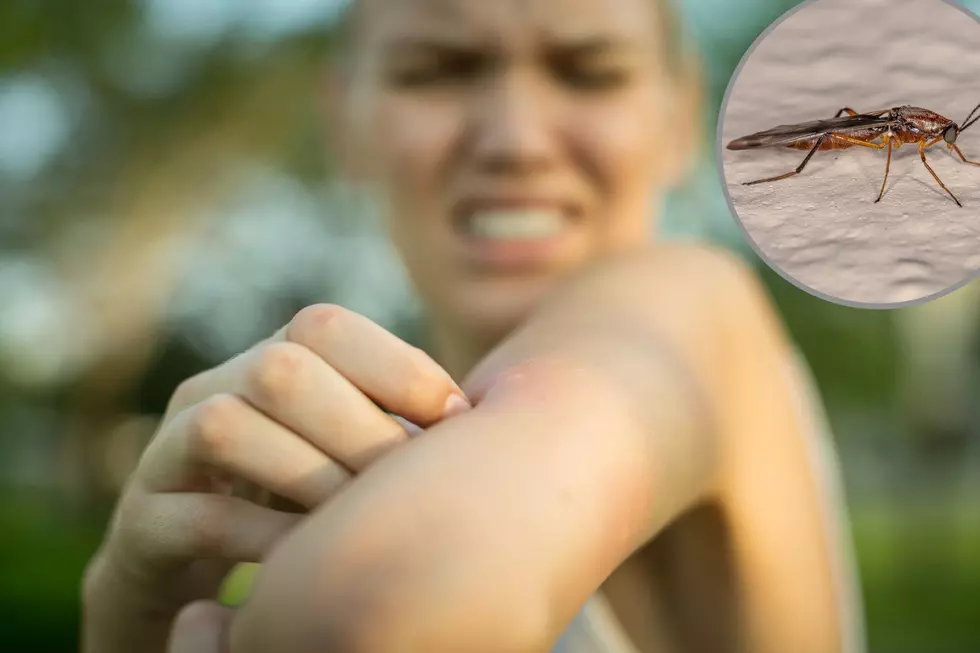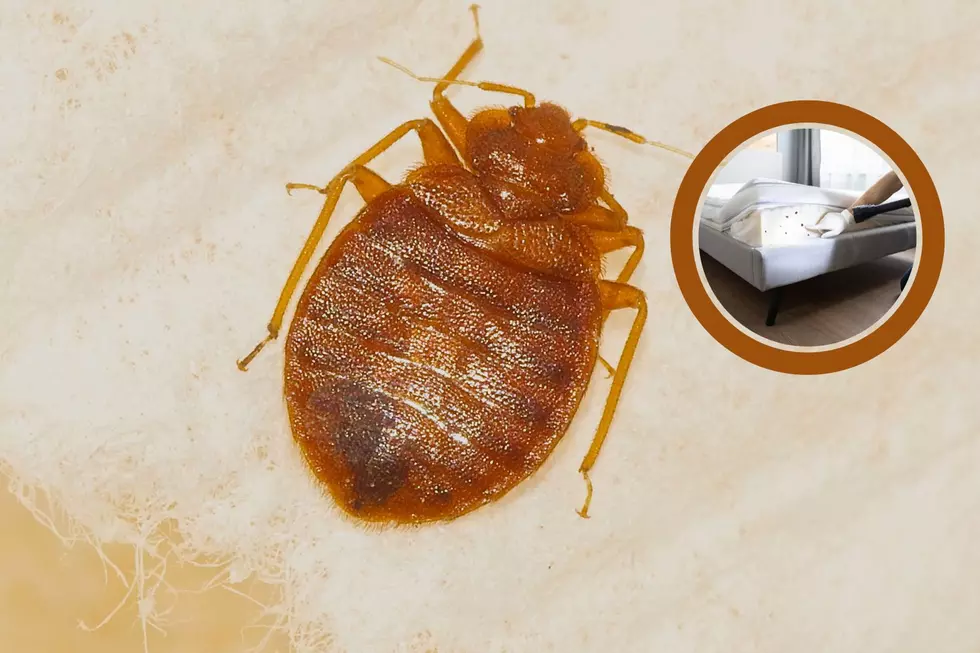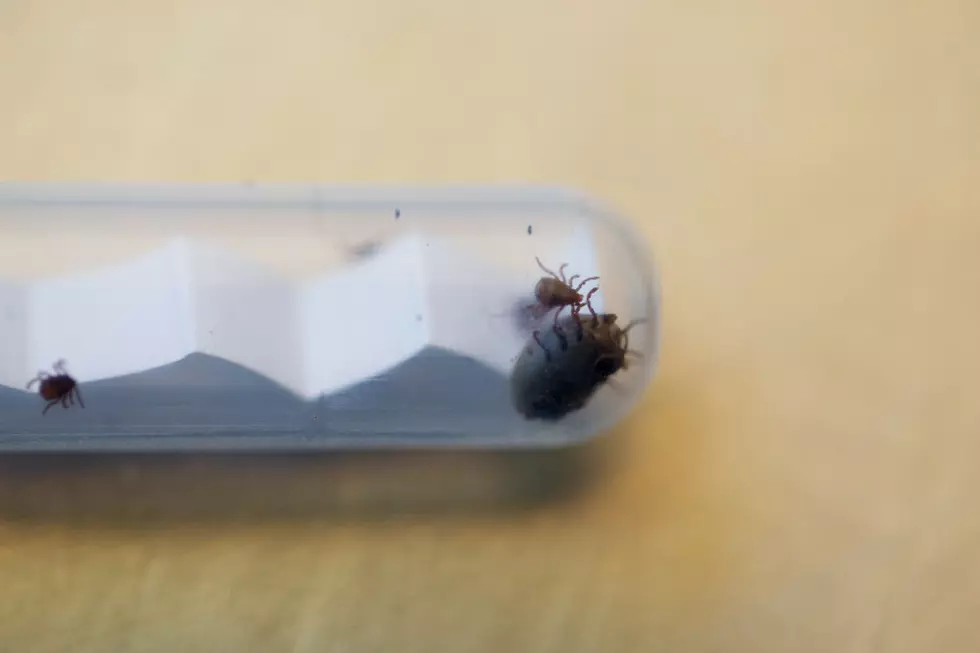
It’s Bug (Bite) Season in Michigan! How to Fight Back
One of my favorite things about summer evenings in Mid-Michigan is that the temperatures are (usually) very comfortable.
We've got a patio set in the yard. I brushed off a cushion the other night, ready to have a seat and just relax. The relaxation didn't last long.

What should have been a tranquil evening watching the sun go down turned into a swat-fest. Some people call them gnats, some people call them biting midges or no-see-ums. Whatever they are, they're annoying... and I spent the rest of the night plotting their end as a species. At least in my yard.
Here are some things I learned:
Citronella is our friend. These pesky flying-biting machines hate it. Some people like to burn citronella candles when they're outside. While that can be somewhat effective, having actual citronella plants outside can repel these bugs from the area 24/7, even when you're not trying to enjoy the outdoors yourself.
Now I'm going to be the first to admit it—I used to roll my eyes at the idea of what are commonly known as "essential oils."
First off, it seemed like every middle school acquaintance on Facebook that I hardly ever talked to otherwise suddenly appeared in my life trying to sell them to me. Hard pass. Secondly, I thought, if they're so "essential," how've I been living my life just fine without them all this time?
Then I learned that I was using the wrong definition of "essential." I learned that these oils were developed from the essence of certain plants—basically concentrated extracts, if you will.
These concentrated extracts, or essential oils, have a variety of purported health benefits. However, my interest in them here is as a bug repellent. Certain kinds of these oils actually work quite well in staving off the biting insects. You can even make your own bug spray by mixing several drops of eucalyptus, lemon, or peppermint oils into a spray bottle of water.
As opposed to citronella and "essential oils," mud is not our friend. As a matter of fact, wet soil of any kind can act as an attractant to flying, biting bugs. If your patio set is anywhere near where your home's gutters empty into your yard, you may have unseen moist soil that makes these bugs want to take up residence there. Same thing if you're too close to flowers you've watered.
Bottom line: try not to give these pests an easy habitat. If you're still having problems, there are definitely some relatively easy ways to reduce their ability to ruin your peaceful evening outside.
LOOK: Here Are 30 Foods That Are Poisonous to Dogs
More From Cars 108







![We Tried the #StrawberryBugs Challenge for Ourselves [VIDEO]](http://townsquare.media/site/87/files/2020/06/IMG_3069-2.jpg?w=980&q=75)

